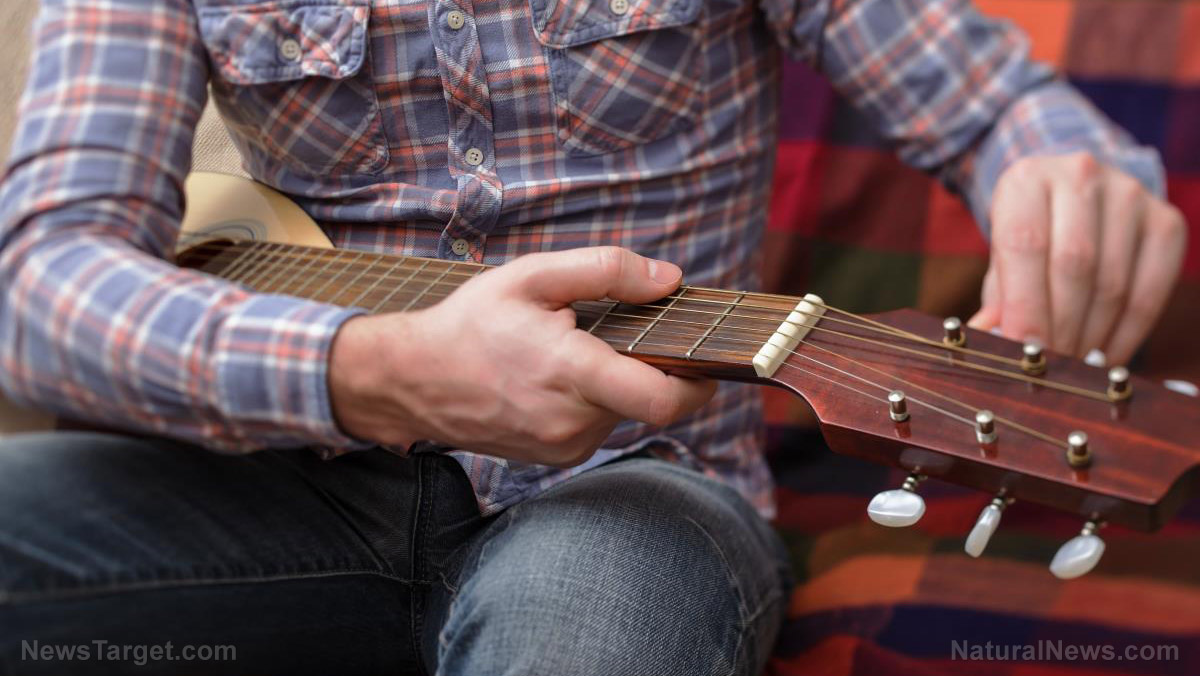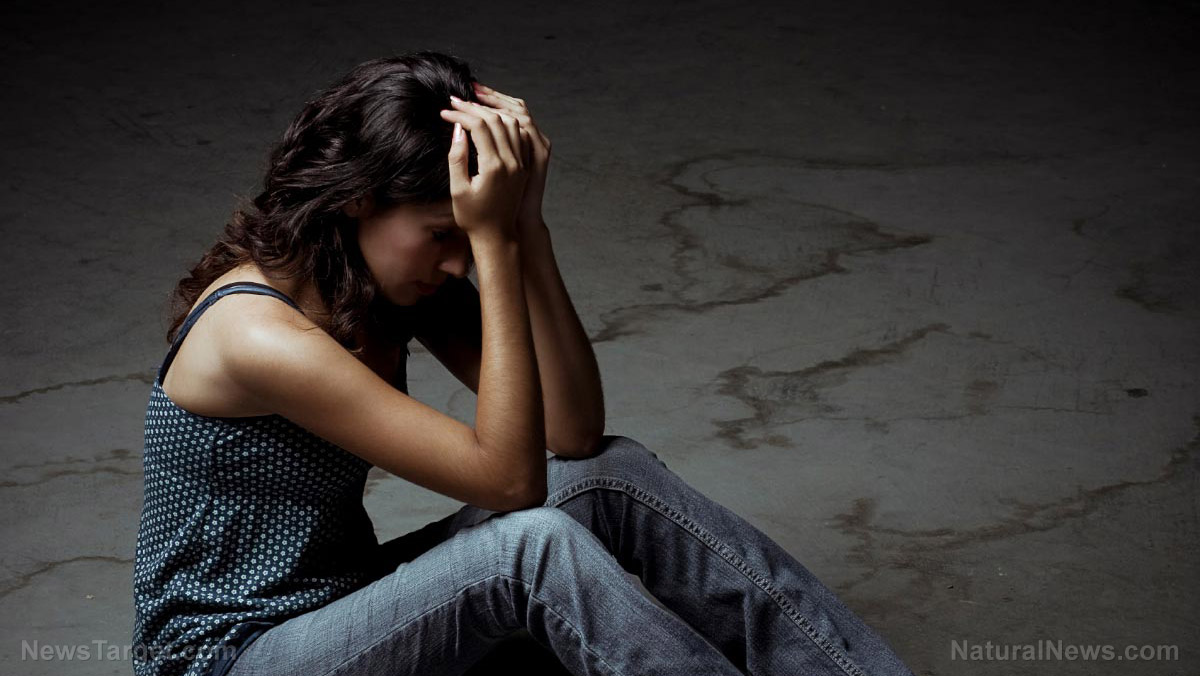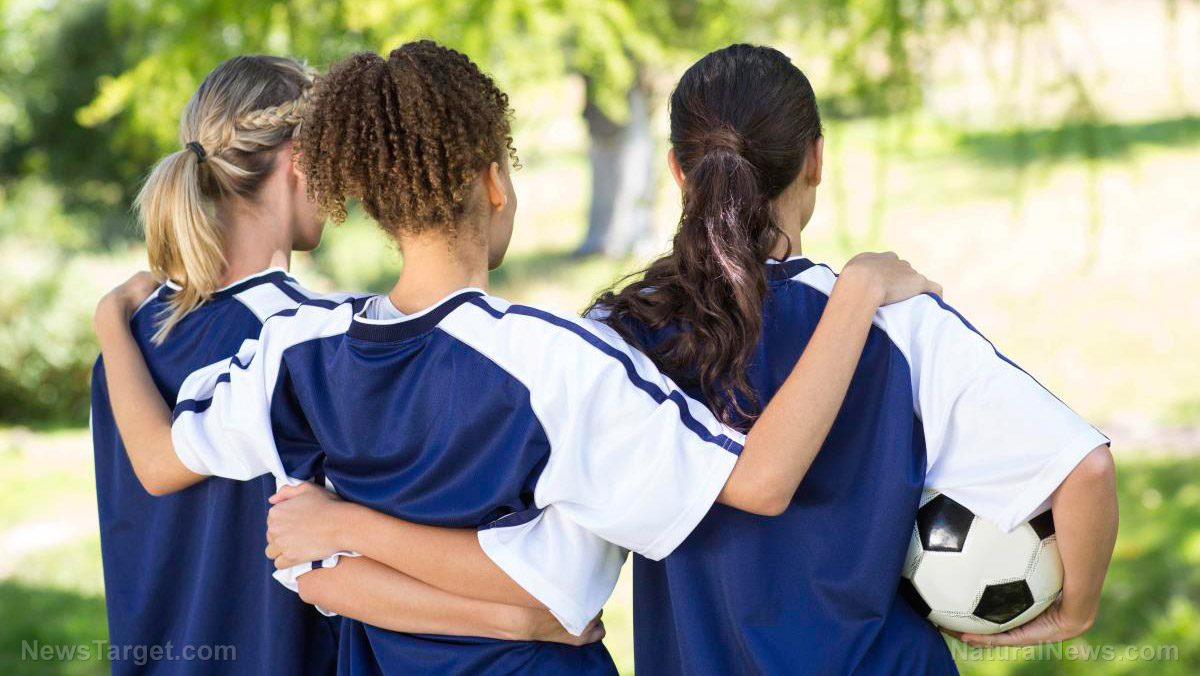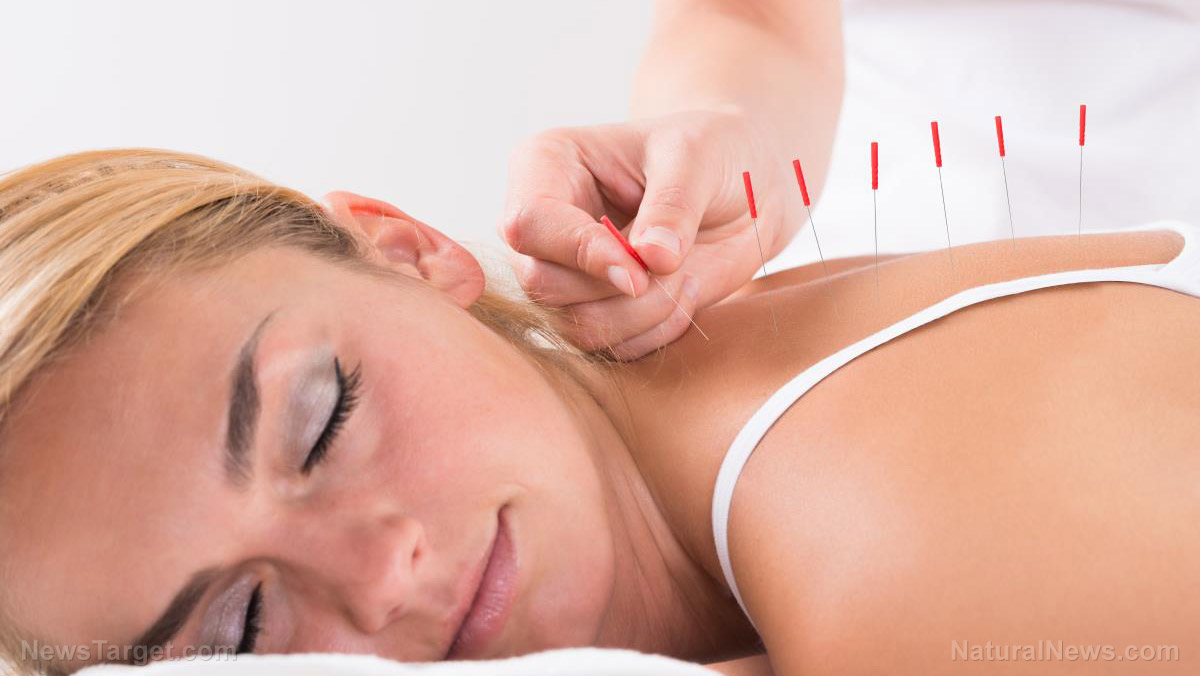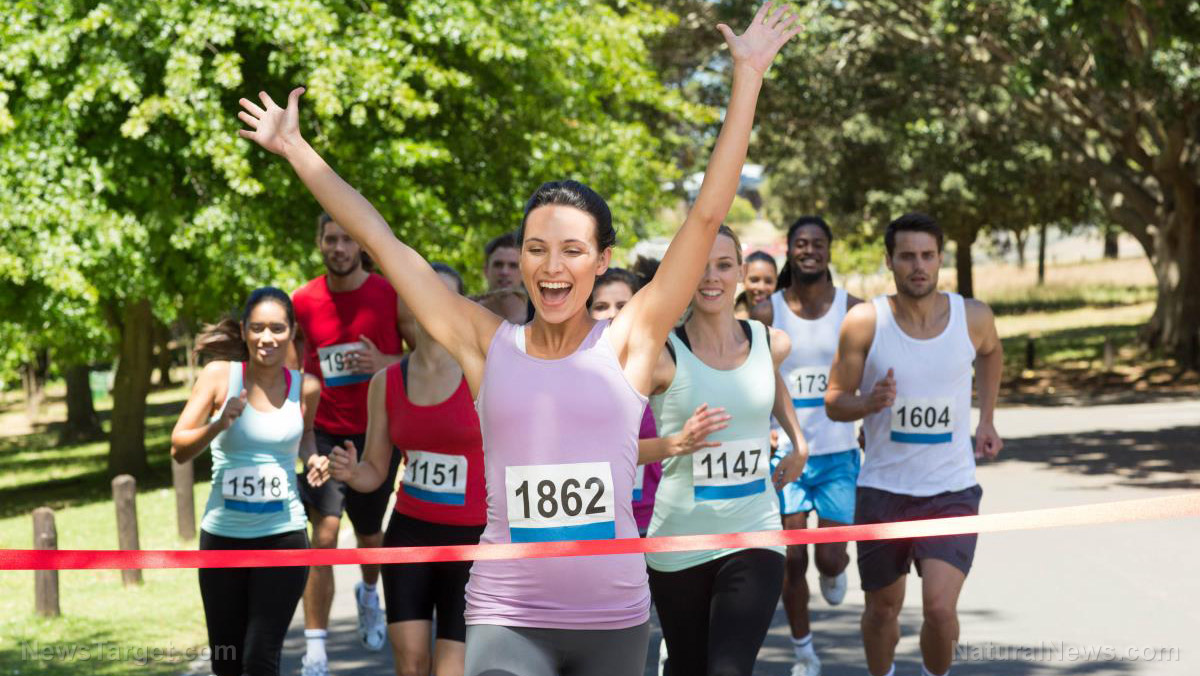Rhythmic music aids recovery from stroke: Researchers find percussion therapy helps sufferers regain physical functions
01/23/2018 / By Michelle Simmons

Stroke patients who play percussion instruments, such as drums or cymbals, recover from the impact of stroke. A study discovered that participating in percussion sessions twice a week improved the function of the arms and hands of stroke patients.
A team of researchers from Anglia Ruskin University in Cambridge in England carried out a study on how percussion therapy can help stroke patients recover from cognitive and communication skills, motor function, and mood stability. They also looked at the need for long-term support programs for people who are leaving the hospital or recovering.
The research team analyzed 10 stroke patients with reduced function in one arm and weakness down one side of the body. A music therapist visited the homes of the participants for six weeks to conduct 30-minute percussion sessions. To see if there are any improvements in the movements, the researchers asked the participants to collect objects and move them.
The researchers observed that those with the least physical impairment performed the best in the movement tests. The findings of the study, published in the journal Clinical Rehabilitation, indicated that percussion therapy boosts energy levels and moods of those who participate in the therapy.
Alexander Street, lead researcher of the study, said that those with less severe impairments can relearn daily important tasks like dressing by playing percussion instruments. Street further explained that gripping a drumstick is similar to opening a jar, and that the sound and vibration produced when playing also leads the hearing areas of the brain “to connect more with the movement parts.”
“It helps people build new pathways to replace those lost by stroke damage,” he said.
Music therapy together with medication continuously gains recognition as a treatment for depression, brain injuries, and dementia. One of the advantages of percussion therapy is that the patient does not have to be an expert in music. In addition, the strong repetitive beat of the percussion instrument enhances brain focus, which in turn improves one’s learning. (Related: Music therapy helps reduce depression and increases self-esteem.)
“Drumming is a powerful way to give your brain a full neurological workout. The visual, auditory and motor centers of the brain work hard during a group drumming session – improving concentration, coordination and problem-solving skills. It’s also really fun,” said Ruairi Glasheen, an award-winning percussionist who runs drumming workshops in London.
More on stroke
Stroke, sometimes called brain attack, happens when the blood supply to a part of the brain is suddenly cut off or when a blood vessel in the brain ruptures. This causes blood to spill into the spaces surrounding brain cells. When brain cells do not receive oxygen and nutrients from the blood or there is sudden bleeding into or around the brain, they die. In the United States, stroke causes approximately 140,000 deaths – one in every 20 deaths – yearly, and is the fifth leading cause of death in the country. Furthermore, around 795,000 Americans have a stroke.
Symptoms of a stroke include sudden numbness or weakness, especially on one side of the body; sudden confusion or difficulty in speaking or understanding speech; sudden vision impairment in one or both eyes; sudden difficulty with walking, dizziness, or loss of balance or coordination; or sudden severe headache with unknown cause.
The effects of stroke mainly depend on the affected brain part. If the stroke occurred toward the back of the brain, vision will be impaired. If the stroke occurs on the right side of the brain, it will affect the left side of the body, which could lead to paralysis on the left side of the body, vision impairment, inquisitive behavior, and memory loss. Meanwhile, if the stroke happens in the brain’s left side, it will affect the right side of the body, which could result to paralysis on the right side of the body, speech problems, cautious movements, and memory loss. A stroke that happens in the brain stem may affect both sides of the body and leave a person in a locked-in state.
Read more stories on the brain and how it works at Brain.news.
Sources include:
Tagged Under: alternative medicine, holistic medicine, music therapy, neurology, percussion therapy, stroke, stroke patients, therapies, vibrational medicine





